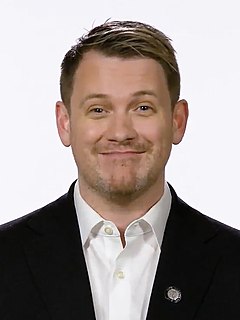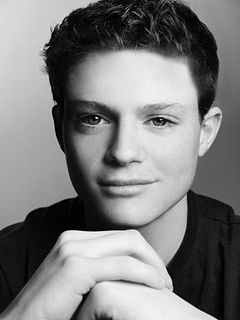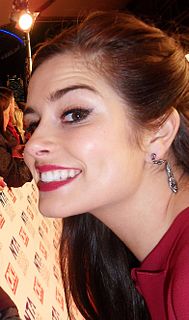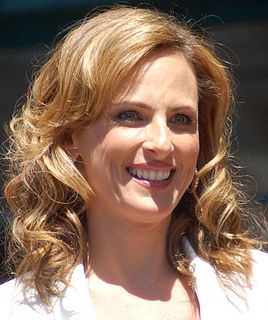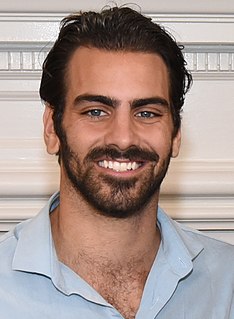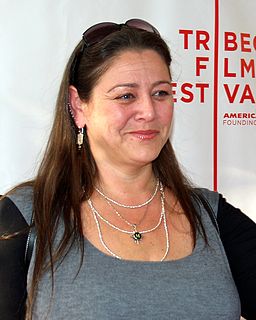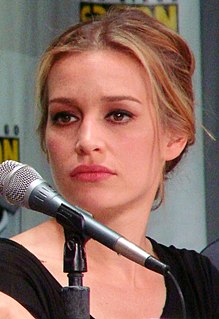A Quote by Michael Arden
It's exciting to share an art form that I would never have imagined sharing with the deaf community. Doing musicals, it's not like, 'Oh, I'll do a musical with a deaf person.'
Related Quotes
I'm a proud person who happens to be deaf. I don't want to change it. I don't want to wake up and suddenly say, 'Oh my God, I can hear.' That's not my dream. It's not my dream. I've been raised deaf. I'm used to the way I am. I don't want to change it. Why would I ever want to change? Because I'm used to this, I'm happy.
